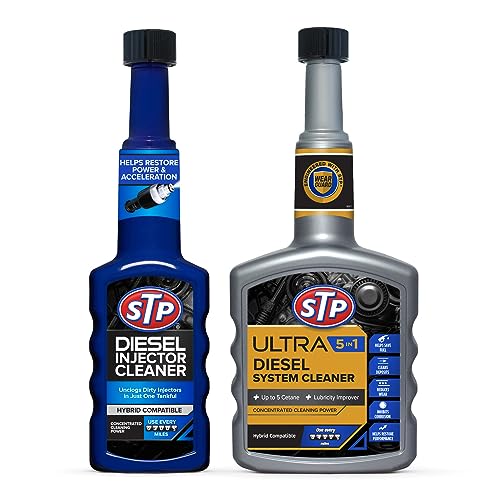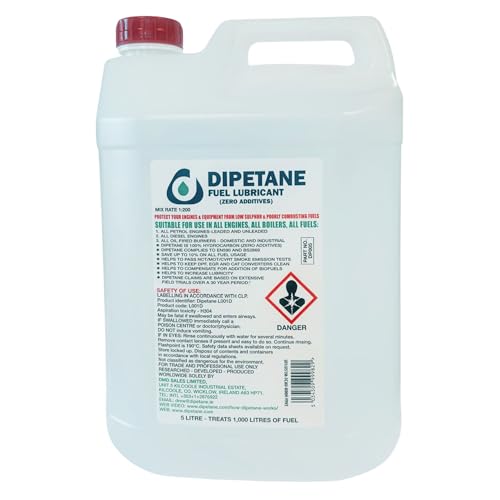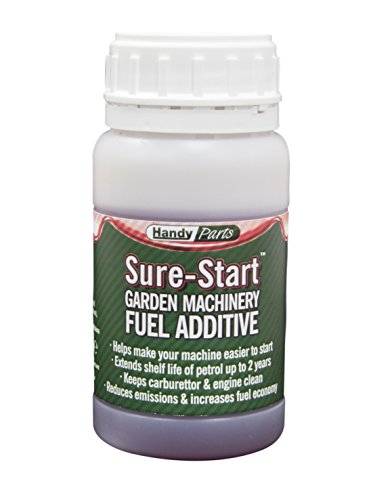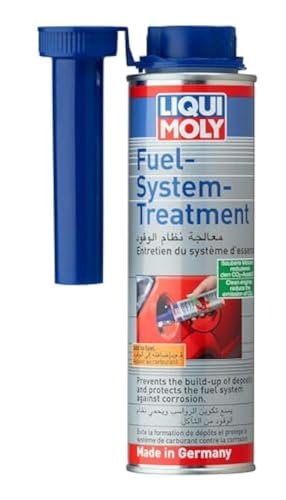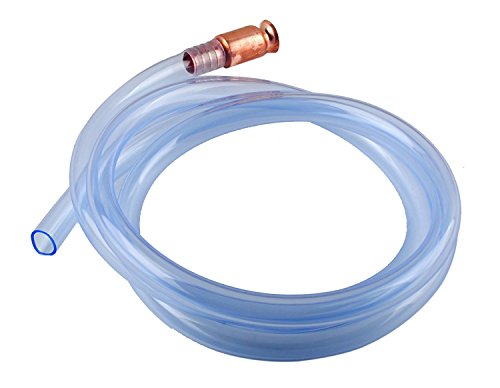What is a Fuel Additive and How Does it Work?
Understanding Fuel Additives
A fuel additive is a substance added to fuel to enhance its properties and improve engine performance. These additives work by either cleaning the engine components, improving fuel efficiency, or preventing issues like fuel degradation. Imagine your car’s engine as a fine-tuned machine; just like how we occasionally need a little boost to stay sharp, so does our vehicle. Fuel additives play a vital role in maintaining the health and efficiency of an engine.
The Mechanism Behind Fuel Additives
Fuel additives typically operate by altering the chemical structure of the fuel or cleaning the engine’s internals. For instance, certain detergents in the additives can break down deposits that build up over time in injectors and combustion chambers. This is crucial because these deposits can hinder performance, much like how dust in an air filter reduces airflow. By using fuel additives, we ensure that our engine runs smoothly and efficiently.
Benefits of Using Fuel Additives in Your Vehicle
Enhancing Fuel Efficiency
One of the primary benefits of fuel additives is their ability to enhance fuel efficiency. By ensuring cleaner fuel delivery and preventing deposits, we can experience more miles per gallon. It’s like when we clean our home; everything runs more smoothly. In our vehicle, a well-maintained engine consumes fuel more effectively, which could save us money at the pump.
Improving Engine Performance
Fuel additives also play a significant role in improving engine performance. Think of them as a wellness formula for your engine, providing nutrients that help it perform at its best. An optimally running engine delivers better acceleration and overall responsiveness, making driving more enjoyable.
Longer Engine Life
Regular use of fuel additives can contribute to a longer engine lifespan. They help reduce wear and tear by keeping critical components clean and functioning as they should. It’s akin to regular health check-ups that prevent serious issues down the line. By investing in fuel additives, we’re not just focusing on short-term performance but enhancing the longevity of our vehicle.
Types of Fuel Additives: Finding the Right One for Your Needs
Cleaning Agents
Cleaning agents are probably the most common type of fuel additive. They work to remove carbon deposits and other gunk that can accumulate in the fuel system. If we notice reduced acceleration or rough idling, a cleaning agent could be just the remedy our engine needs.
Octane Boosters
Octane boosters increase the fuel’s octane rating, helping to prevent knocking during combustion. These are particularly useful for high-performance vehicles that demand higher octane levels for optimal performance. If we’ve invested in a sports car, using an octane booster can help unlock its full potential.
Fuel Stabilizers
Fuel stabilizers are designed to prevent fuel breakdown, which is particularly beneficial if we don’t drive our vehicle frequently. Think of them as a protective layer that helps keep our fuel fresh during storage, allowing for consistent performance even after long periods of inactivity.
How to Choose the Right Fuel Additive for Your Engine
Understand Your Engine Requirements
First and foremost, it’s essential to understand what your engine needs. Referring to the owner’s manual can provide specific recommendations for additives that complement your vehicle’s engine type. This ensures compatibility and maximizes the benefits.
Consider Your Driving Conditions
Next, think about your driving habits and conditions. If we often drive in stop-and-go traffic or encounter extreme weather, fuel additives designed for high-stress environments may be more suitable. Assessing our driving conditions allows us to select an additive that addresses our specific challenges.
Read Labels Carefully
Finally, make sure to read the labels on fuel additives. Look for key ingredients and claims that align with our needs. For instance, if cleaning is a priority, we should choose products that prominently feature cleaning agents in their formulation.
Tips for Applying Fuel Additives Effectively
Follow the Manufacturer’s Instructions
It’s important to follow the manufacturer’s instructions when applying fuel additives. Each product comes with specific guidelines on how much to use and when to use it, much like following a recipe for our favourite dish. Adhering to these directions ensures that we achieve the best results.
Regular Application
For optimal benefits, we should incorporate fuel additives into our regular maintenance schedule. This could mean adding them every few fills or as recommended. By making them a routine part of our vehicle care, we can consistently enjoy the performance and longevity benefits they offer.
Monitor Engine Performance
Finally, keep an eye on how our engine responds to the additive. If we notice improvements in fuel economy or performance, we’ll know we’ve chosen the right product. Conversely, if issues persist, it may be worth reevaluating our choice of additive.



